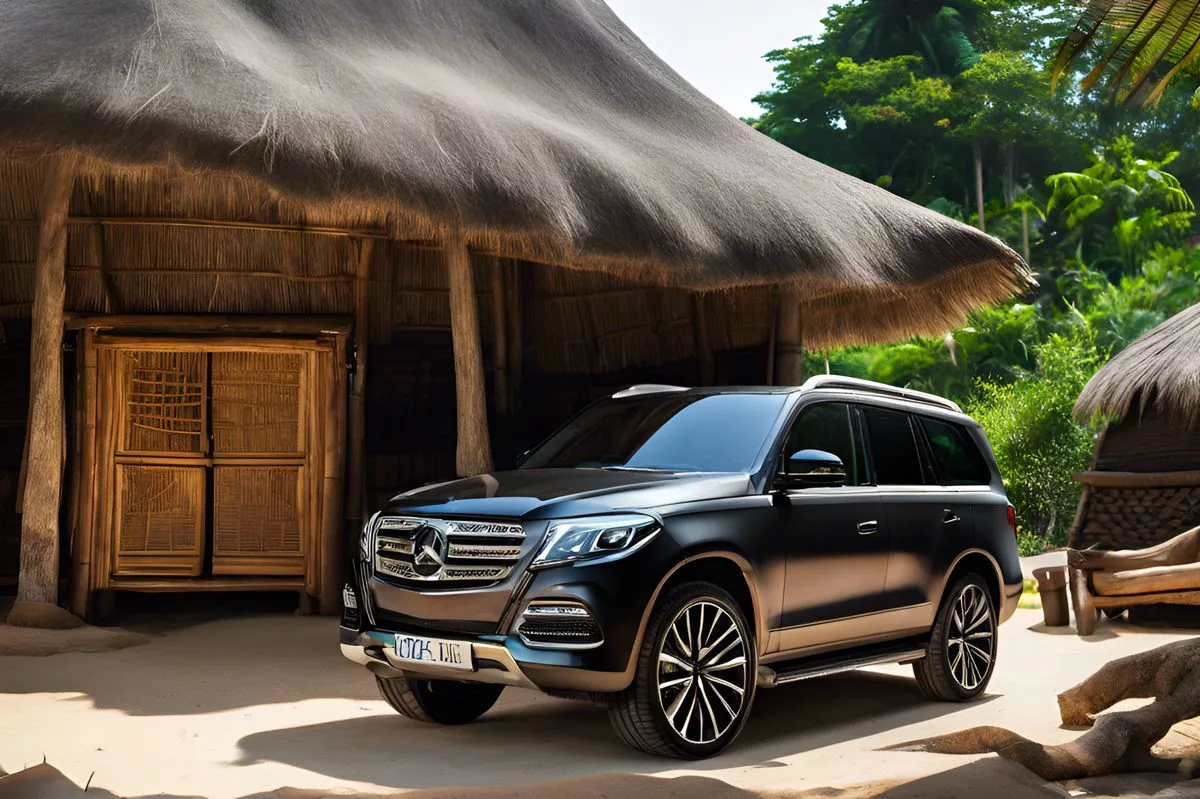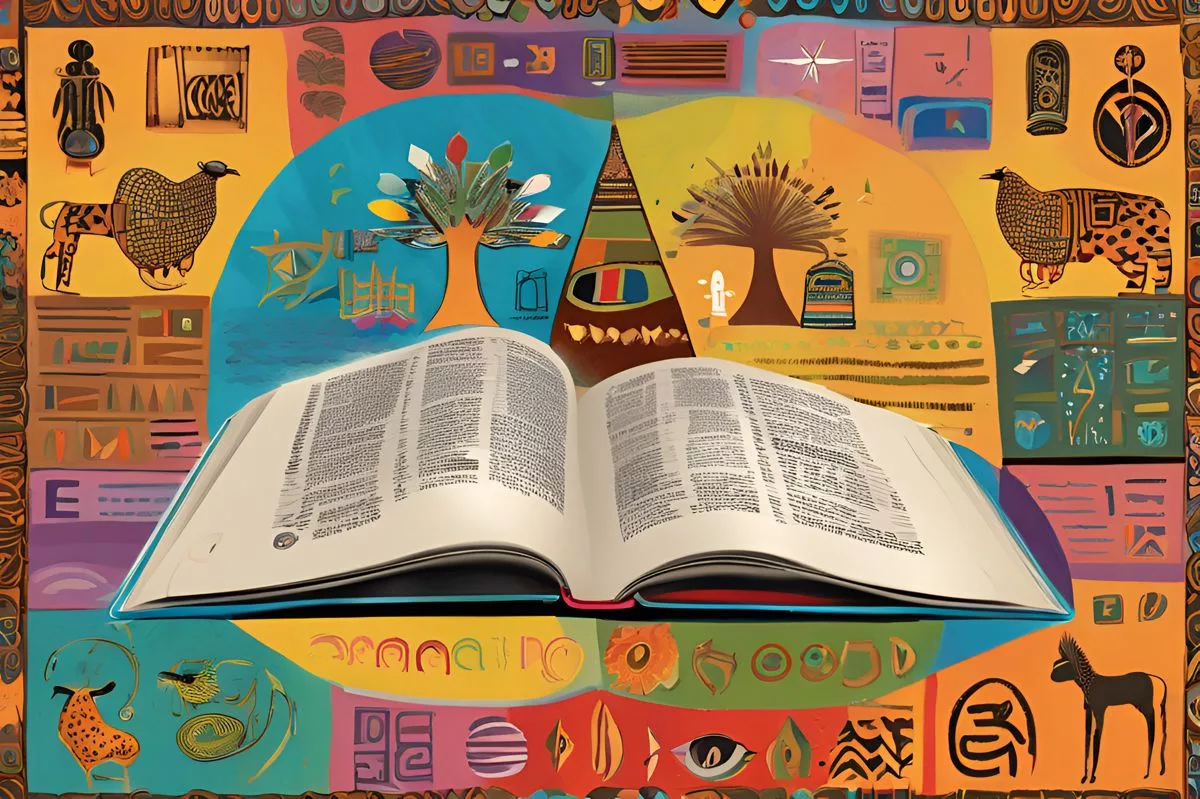In South Africa’s Free State, a big argument erupted when the government gave luxury cars worth R10 million to traditional leaders on Heritage Day. Many people are upset, saying this money would have been better spent on urgent community needs, especially since the province is struggling financially. Critics question whether these gifts truly help traditional leaders do their jobs or if they just highlight a disconnect between old customs and today’s challenges. This situation raises important questions about how society values tradition while trying to meet modern demands, all amidst a backdrop of financial stress and political debate.
Why is the gifting of luxury vehicles to traditional leaders controversial in South Africa?
The gifting of luxury vehicles to traditional leaders in South Africa’s Free State raises concerns about financial mismanagement, especially in a province facing severe fiscal challenges. Critics argue that spending R10 million on luxury gifts diverts funds from pressing community needs, questioning governance priorities and the evolving role of traditional leadership.
In South Africa’s Free State province, a storm is brewing over the controversial gifting of luxury vehicles to traditional leaders. This contentious decision coincided with the celebration of Heritage Day on September 25, 2024. As expected, it sparked a flurry of reactions from political and social domains, raising critical questions about governance, priorities, and the evolving role of traditional leadership within modern society.
Luxury Gifts and Their Implications
On a day meant to honor South Africa’s rich cultural heritage, the Free State government handed over luxury vehicles worth R10 million to local traditional leaders. These gifts, which included high-end BMW X3 SUVs and several double-cab bakkies, symbolize a complex interaction between age-old traditions and contemporary expectations. The provincial legislature defended the move, suggesting that these vehicles would foster development and innovation in traditional communities. This justification reflects a broader narrative within South African governance: the challenge of integrating historical cultural frameworks with current socio-economic demands.
Premier Maqueen Letsoha Mathae emphasized the significance of the vehicle donations in her speech, framing them as a tribute to traditional councils. She highlighted the importance of empowering these bodies to fulfill their duties and engage deeply with their communities. Her remarks underscore the dual roles of traditional leaders as both custodians of culture and active participants in modern governance. This duality presents a unique challenge as these leaders navigate the fine line between preserving heritage and embracing modern administrative roles.
Yet, this gesture did not sit well with everyone, sparking a heated debate in political circles. Opposition parties, particularly the Freedom Front Plus (FF Plus), voiced strong objections and announced plans to question Premier Mathae about the expenditure. This move brings to light ongoing discussions about resource allocation in South Africa, especially in financially strained regions like the Free State.
Financial Mismanagement and Its Consequences
The financial struggles of the Free State provide critical context for the luxury vehicle gifting controversy. The province grapples with severe fiscal challenges, as highlighted by the Auditor-General of South Africa’s recent report. This report exposed a staggering R1.14 billion in wasteful expenditures during the 2022/23 fiscal year, casting a long shadow over the province’s governance. Such financial mismanagement raises serious questions about the wisdom of spending millions on high-end vehicles.
Armand Cloete of the FF Plus, a member of the Free State legislature, emphasized the province’s precarious financial position. Despite stringent cost-saving measures, the government had already exceeded its budget for salaries and personnel in 2024. This situation begs the question of whether the millions spent on luxury vehicles could have been better allocated to address pressing needs within the province. The debate over fiscal priorities remains a pivotal issue as South Africa grapples with economic constraints and social inequalities.
Amidst this financial scrutiny, the Free State government announced a R200-million investment in local road infrastructure repairs. This decision, while seemingly prudent, adds complexity to the budgetary landscape. It raises questions about the balance between necessary infrastructural improvements and seemingly extravagant gestures. The juxtaposition of these expenditures invites a broader conversation about the role of government spending in addressing both immediate needs and long-term developmental goals.
The Evolving Role of Traditional Leaders
Beyond financial concerns, the controversy touches upon the broader role of traditional leaders in a rapidly evolving South African society. These leaders, who once wielded significant power and influence within their communities, now find themselves navigating the complexities of a democratic nation. The gifting of luxury vehicles to these figures prompts questions about their influence and relevance in contemporary governance.
Cultural historians may view this episode through the lens of South Africa’s unique historical tapestry. Traditional leadership structures have deep roots in the country’s pre-colonial past, where they played pivotal roles in community organization, conflict resolution, and social coherence. However, the advent of colonial and apartheid rule redefined these roles, often co-opting traditional leaders into oppressive regimes. The post-apartheid Constitution recognizes traditional leadership as an integral part of the democratic framework, yet the exact role and power of these leaders continue to be subjects of debate and legislative refinement.
The vehicle gifting controversy brings these issues into sharp focus, prompting reflections on the evolving social contract between the state and traditional authorities. Further complicating this landscape is the broader narrative of political symbolism and the use of material gifts as tokens of allegiance and loyalty. Throughout history, both in Africa and globally, rulers have used gifts to secure political alliances and assert dominance. This practice often reflects underlying power dynamics and social hierarchies, offering rich insights for political anthropologists and historians.
Navigating Tradition and Modern Governance
In modern South Africa, gifting luxury vehicles to traditional leaders might be seen as a symbolic reaffirmation of their status and authority. However, it also raises questions about the implications of such gestures for democratic accountability and the equitable distribution of resources. The episode, evocative of a broader discourse on governance and tradition, invites reflection on South Africa’s socio-political evolution.
As South Africa continues its post-apartheid journey, the roles and responsibilities of its diverse leadership structures remain fluid and contested. The Free State’s Heritage Day celebration, marked by the debate over luxury vehicles, underscores the ongoing challenge of balancing tradition with the imperatives of modern governance. As the nation moves forward, the intricate dance between historical legacy and contemporary needs will shape its political and cultural landscapes. This continuous negotiation reflects a nation striving to honor its past while forging a path toward a more equitable future.
FAQ: A Controversial Gift: Navigating Tradition and Modernity in South Africa
What sparked the controversy over gifting luxury cars to traditional leaders in South Africa?
The controversy arose when the Free State government gifted luxury vehicles worth R10 million to traditional leaders on Heritage Day. Critics argue that this expenditure diverts vital funds from urgent community needs in a financially struggling province, thus raising concerns about governance priorities and the evolving role of traditional leadership.
Why do critics believe the luxury gifts are a misallocation of resources?
Critics contend that spending R10 million on luxury vehicles is inappropriate, especially given the Free State’s financial challenges, including a reported R1.14 billion in wasteful expenditures in the previous fiscal year. They argue that the funds could have been better utilized to address pressing issues within the community, such as healthcare, education, and infrastructure.
How did the Free State government justify the gifting of luxury vehicles?
The Free State government defended the gifting by claiming that these vehicles would empower traditional leaders to engage more effectively with their communities and foster development and innovation. Premier Maqueen Letsoha Mathae emphasized the importance of supporting traditional councils in their dual role as custodians of culture and participants in modern governance.
What are the broader implications of this controversy for traditional leadership in South Africa?
The controversy highlights the evolving role of traditional leaders in a democratic South Africa. It raises questions about their relevance and influence in contemporary governance, particularly as they navigate the complexities of balancing cultural heritage with modern administrative roles. This situation reflects ongoing debates about the integration of traditional leadership within the country’s democratic framework.
How does this situation relate to South Africa’s historical context?
The gifting of luxury vehicles can be viewed within the broader historical context of South Africa, where traditional leaders have played significant roles in community organization and social coherence. However, these roles were complicated by colonial and apartheid rule, which often co-opted traditional leadership for oppressive purposes. The post-apartheid Constitution recognizes traditional leadership as part of the democratic framework, but the ongoing debate about their roles and powers continues to evolve.
What are the potential long-term consequences of such actions by the government?
The long-term consequences may include increased public distrust in government spending and governance priorities, especially if citizens perceive such gestures as extravagant and disconnected from community needs. Additionally, the incident could spark more profound discussions about the balance between honoring tradition and addressing modern socio-economic challenges, potentially influencing future policies regarding traditional leadership and resource allocation.












